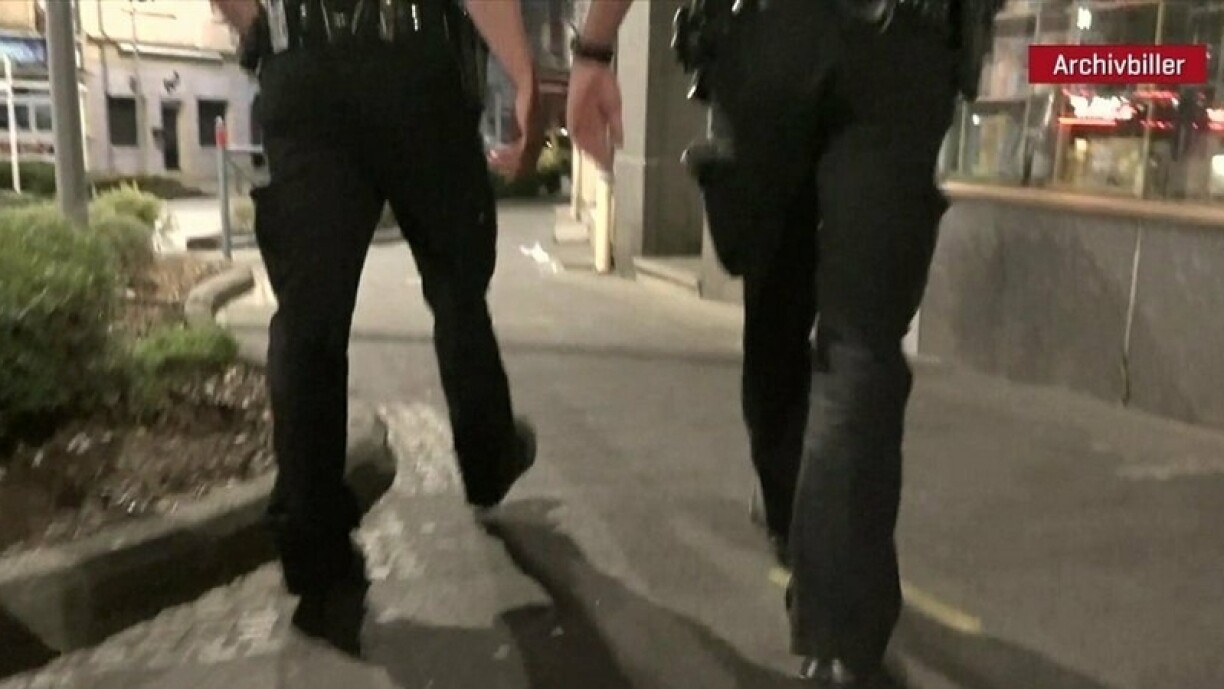
Body cams can help prevent situations escalating, the minister for Police Etienne Schneider said four years ago. Usually worn on the officers’ shoulder, they could help discourage people from getting aggressive or assaulting them.
This is a problem that has been increasing year on year, Ricquier argues. ‘We cannot accept that our police officers are being assaulted ever more frequently.’
There are of course a number of issues with body cams, with data protection oft being cited. But with individuals increasingly filming interactions on their phones, the body cams allow the police to record their version of events, too.
Ricquier continued: “This is a good thing. We have been requesting this, as police officers are filmed more and more on mobile phones. But people should also see the viewpoint of the officer.”
The question remains when these cameras should be used, Ricquier said. “This will have to be clarified. The bill says ‘identification of infractions’. This can be anything. It will be left to the officer to decide to turn the camera on or leave it off.”
So will the body cams give a more objective view than what passersby may film? Another important question is who will get access to the videos. According to the police union president, this should be the prosecution before anyone else.